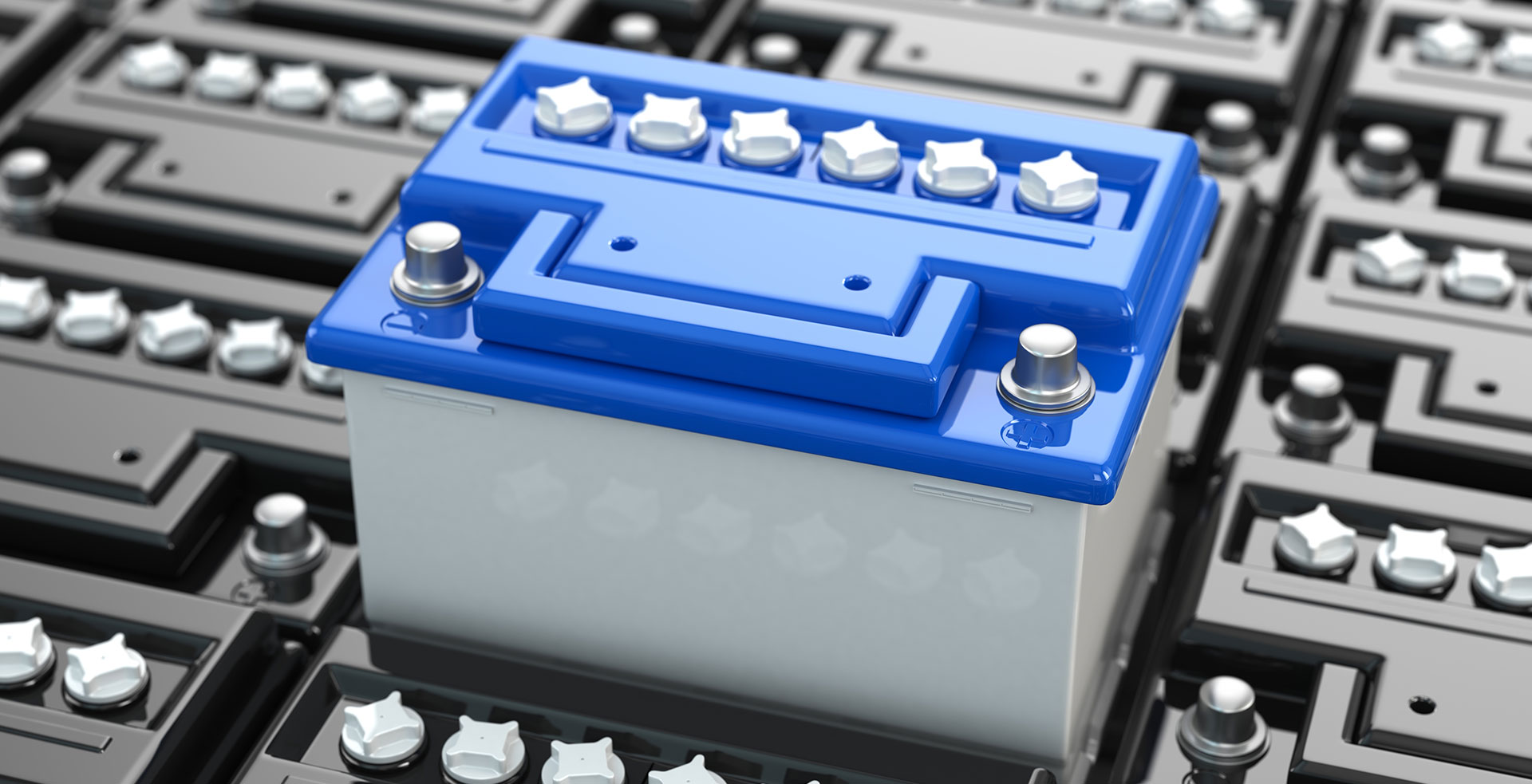Introduction:
In a world where energy consumption is at an all-time high, the role of inverters has become increasingly crucial. Inverters, the unsung heroes of the electrical world, offer a multitude of benefits that often go unnoticed. In this blog, we'll explore the fascinating advantages of inverters and how they contribute to a more sustainable and efficient energy landscape.
- Efficient Power Conversion: Inverters are renowned for their ability to convert direct current (DC) into alternating current (AC) seamlessly. This transformative process ensures a consistent and efficient power supply, making them indispensable in various applications, from residential to industrial settings. This efficiency not only reduces energy wastage but also translates into cost savings for consumers.
- Renewable Energy Integration: In the era of sustainable living, inverters play a pivotal role in integrating renewable energy sources like solar panels and wind turbines into the existing power grid. By converting the DC power generated by these sources into usable AC power, inverters enable households and businesses to harness clean and green energy, contributing to a reduced carbon footprint and a healthier planet.
- Uninterrupted Power Supply: One of the primary advantages of inverters is their ability to provide uninterrupted power during grid failures. Inverters equipped with battery storage systems act as a reliable backup, ensuring that essential appliances and devices continue to function seamlessly even when the main power supply falters. This feature is particularly valuable in regions prone to power outages or during emergencies.
- Cost Savings: Inverters can significantly contribute to long-term cost savings. Through their ability to optimize energy consumption and facilitate the use of renewable energy, inverters empower users to lower their electricity bills over time. Additionally, the extended lifespan of electrical appliances and equipment, thanks to a stable power supply, further enhances the economic benefits of using inverters.
- Voltage Regulation: Fluctuations in voltage can be detrimental to sensitive electronic devices. Inverters act as a shield by providing stable and regulated voltage output, ensuring the longevity and optimal performance of appliances. This capability is especially critical in environments where voltage fluctuations are common.
- Quiet and Eco-Friendly Operation: Unlike traditional generators, inverters operate quietly and produce minimal environmental impact. The absence of noisy combustion engines and the reduction in harmful emissions make inverters a preferred choice for those seeking a cleaner and more peaceful energy solution.
- Portability and Versatility: Inverters come in various sizes and designs, offering users the flexibility to choose the most suitable option for their needs. Portable inverters, in particular, are popular for camping trips, outdoor events, and other situations where a reliable power source is required off the grid.
Conclusion:
Inverters have emerged as silent revolutionaries in the realm of electrical power. Their ability to convert, regulate, and innovate energy usage has made them indispensable in our quest for a sustainable and efficient future. As technology continues to advance, the benefits of inverters will likely expand, further solidifying their place as a cornerstone of modern energy solutions.



